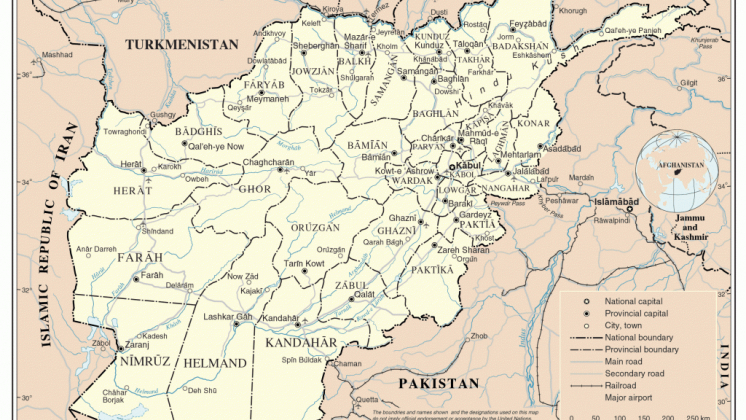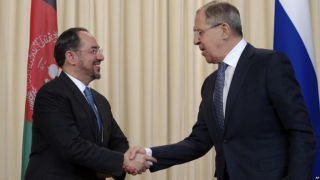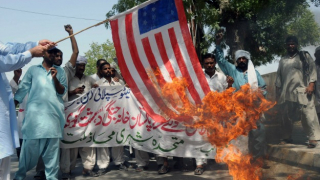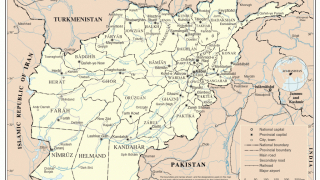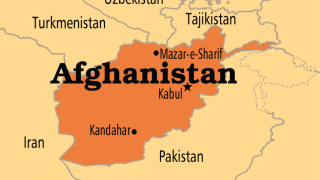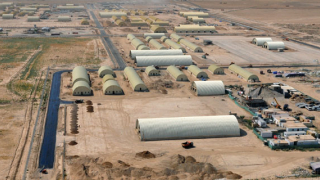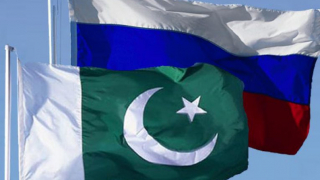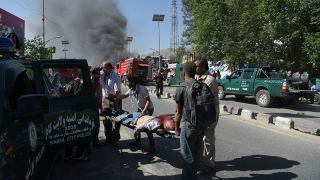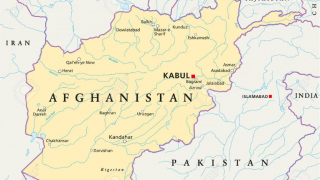Heart of Asia hopes for Afghan peace, stability, and prosperity
The Heart of Asia-Istanbul Process (HoA-IP), established on 02 November 2011, in Istanbul, Turkey, is a shared Afghanistan and Turkey initiative. It is a platform for sincere and results-oriented regional cooperation by placing Afghanistan at its center in recognition of the fact that a secure and stable Afghanistan is vital to the prosperity of the Heart of Asia region. The platform is aimed to address the shared challenges and interests of Afghanistan and its neighbors and regional partners. The Heart of Asia is comprised of 15 participating countries, 17 supporting countries, and 12 supporting regional and international organizations. The (HoA-IP) includes 15 participating countries, 17 supporting countries, and 12 supporting regional and international organizations. The process members are Russia, China, India, Pakistan, Afghanistan, Iran, Kazakhstan, Kyrgyzstan, Tajikistan, Turkmenistan, Saudi Arabia, UAE, Azerbaijan, Uzbekistan, and Turkey. The objective is to promote regional security, economic and political cooperation centered on Afghanistan through dialogue and a set of Confidence Building Measures (CBMs).
The 9th Heart of Asia – Istanbul Process Ministerial Conference was held on 30-31 March 2021, in Dushanbe, Tajikistan..The conference was attended by the US, special envoy on Afghanistan, and Taliban representatives too.
Afghanistan is suffering instability, war, unrest, and political turmoil for almost four decades. The country has been destroyed severely, infrastructure, power generation, industry, agriculture, nearly all economic sectors are damaged severely. Education, health care, and social life have been almost non-existing. The suffering of Afghan people has reached a peak and needs to end immediately. The Afghans are not the people of lesser God. There is a complete consensus among the stakeholders and regional nations to restore peace and stability in Afghanistan.
Afghanistan is an important neighbor and a brotherly country of Pakistan, with strong historical, religious, cultural links; the two nations possess close ties and shared destiny. No other nation could claim to have such immutable bonds with Afghanistan and thus more desirous of peace and progress in Afghanistan than Pakistan. As a matter of fact, Pakistan sacrificed 80,000 precious lives, suffered heavy economic losses and adverse impacts on the social fabric in the form of intolerance, extremist, terrorism, gun & drug culture, trafficking, and smuggling, etc.
Pakistan is the first country that wanted a peaceful, stable, and prosperous Afghanistan. Pakistan was always contributing toward Afghan peace and played an essential role in bringing the Taliban to negotiating table in Doha. The U.S.-Taliban Peace Agreement was signed in February 2020, was a significant milestone achieved already. It is time for the implementation of the peace agreement. Implementation of the agreement is a guarantee for sustainable peace and stability.
Former President of Mr. Trump fulfilled his promise and reduced the troops level upto only 2500 before leaving office. According to the deal, the remaining troops have to be evacuated by 01 May 2021. However, there are conflicting statements regarding the withdrawl of troops by the due date, and an extension may be proposed for another six months. The Taliban are not willing to grant any extension and insist on implementing the agreement in true spirit.
In his speech at the heart of the Asia Ministerial Conference, Pakistan's Foreign Minister has said that “We have consistently cautioned against the role of “spoilers,” both within and outside Afghanistan.” In fact, there is resistance to the Afghan peace from few factions inside Afghanistan, who foresee no role in future political set-ups in Afghanistan, so that oppose any peace deal. Few countries were exploiting Afghanistan's instability in their own interests and conduction terrorism and sabotage from Afghan soil into Pakistan. Of course, they are spoiler to the Afghan peace process. The International community must take notice of such factors and be vigilant to curb them in time.
Pakistan’s Foreign Minister suggested that we should focus on the followings:-
• Consolidating and building upon the progress made through the Doha process.
• Preserving the international community’s investment and the consequent development gains made over the years.
• Ensuring orderly and responsible withdrawal.
• Making sure reduction in violence and ceasefire are achieved at the earliest.
• Culminating the Afghan-led, Afghan-owned process into a sustainable political solution.
• Securing the international community’s financial engagement to support Afghanistan in its post-conflict path to progress.
• Planning long-term reconstruction and economic development for Afghanistan.
• Creating pull factors for the Afghan refugees to return to their homeland with dignity and honor through a time-bound and well-resourced plan.
Pakistan has committed US$ 1 billion for Afghanistan’s development and reconstruction. Out of which, around US$ 500 million have already been spent on infrastructure and capacity-building projects. Pakistan has instituted a new visa regime to facilitate travel, and despite COVID-19, we opened five border crossing-points to foster bilateral and transit trade. Pakistan has also operationalized the Gwadar seaport for Afghan Transit Trade.
It is hoped that the international community implement the Peace agreement and restore permanent peace and resolve the issue once for all.

